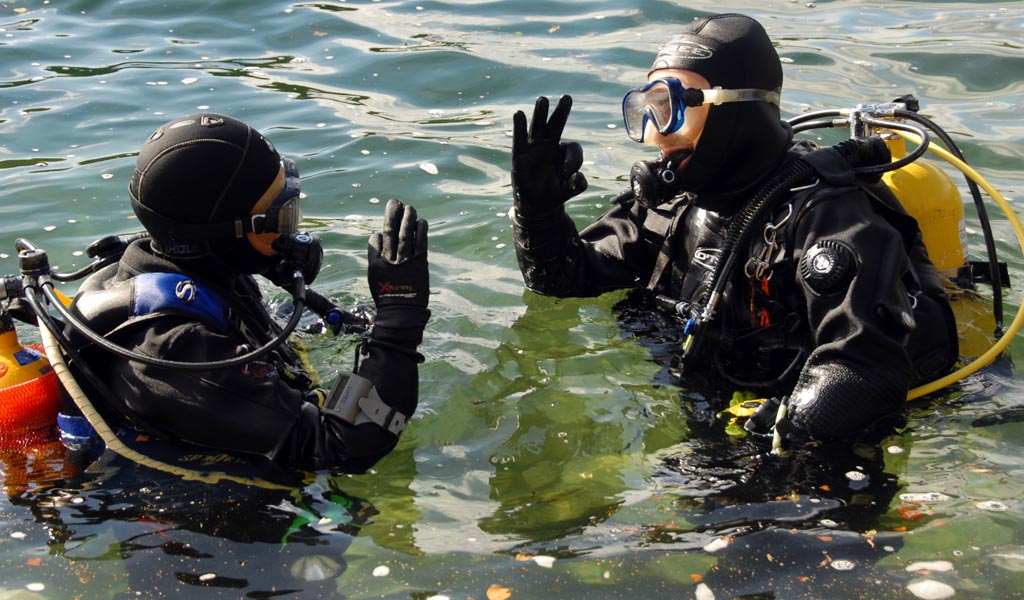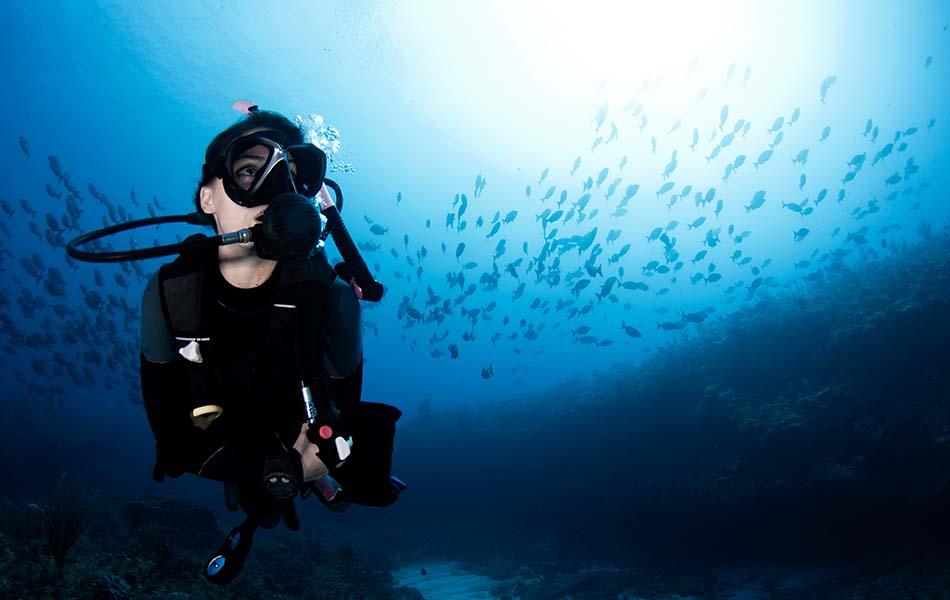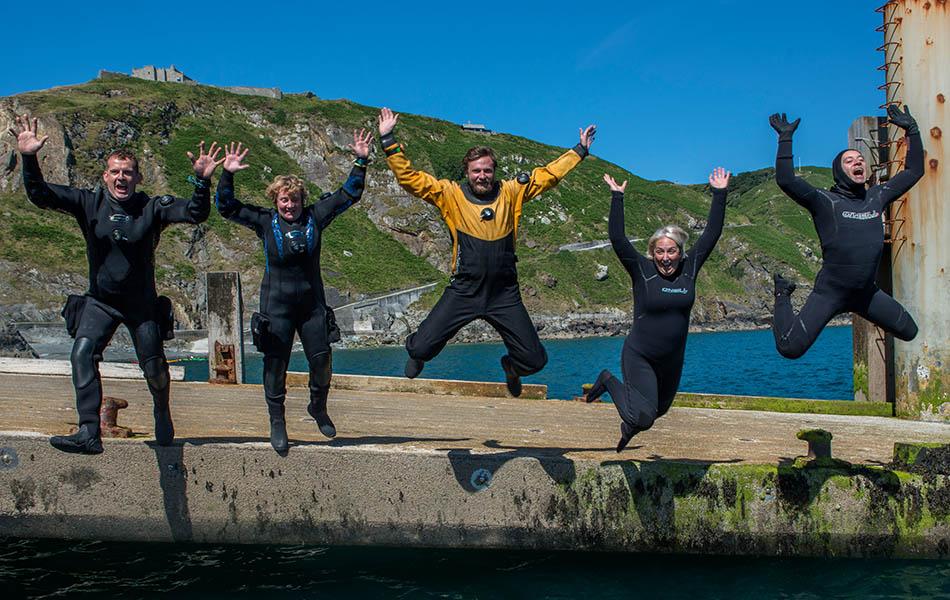
Scuba diving, like most things in life is a rich and diverse thing. The nature of the activity means that we all require a level of training underpinned by sound and relevant theory knowledge.
There are however many levels to progress through and it is always possible for us to choose to step off the runway at a point appropriate to our aspirations (the parallel is a decision to leave full time education after secondary, university or post-graduate studies – and like education some of us never leave…).
Because of the diversity of options in diving it is not possible for anyone to ‘know everything’ but the enlightened (most notably instructors) routinely take the view that when they reach the point of thinking there is nothing left to learn, that is the point to give up because they have “lost the plot”.
The question then becomes one of “how do you know what you don’t know”?
There is one group for which the answer is very simple and definitive, any new entrant to the activity starts with knowing that they have everything to learn. At the other end of the scale is the experienced and highly qualified Instructor who acknowledges that they still have lots to learn but are better prepared to identify what they need and more importantly how to find it. At all points in between the ability to “know what you don’t know” and just as importantly “finding what you need to know” is more of a challenge.
Entry level
Understanding the initial basics of diving involves following a structured training programme that aims to provide foundation skills to get students to a basic level of ability and competence. By definition students are moving from knowing very little to, in reality, a little bit more. It is also often the case that the new challenge is so exciting and different that the information regarding the “always lots more to learn” inherent in all training programmes is often missed/misunderstood as is the guidance to develop under more structured leadership/management. That such leadership and management exists is frequently viewed by the inexperienced as an intrusion or barrier to their enjoyment rather that a safety system to keep everyone safe to enjoy the sport.
Risk factors
Some years ago the RNLI commissioned research into identifying various risk groups and their attitudes to risk. One particular risk group was identified as ‘young intermediates’ who had a little more than entry level training but gained outside the UK who returned to the UK and organised their own diving (often spare places on a charter boat) without appreciating and understanding the actual risks and requirements.
Sources of help and guidance
In the majority of holiday diving destinations leadership is ingrained in a dive centres provision of a dive guide. In UK club organisations a similar infrastructure is centred on the branch Diving Officer and their appointment of a Dive Manager. Additionally the continual advice guidance and ongoing education provided by instructors and senior divers continues to help keep less experienced not just safe but gain experience without the need to ‘learn by their mistakes’.
Want to develop your diving and safety skills with a BSAC club?
Send your postcode to training@bsac.com and we'll help you find the right scuba club for you to train with. Or if you fancy a chat call us 0151 350 6226 (Mon - Fri, 9 - 5:30).

 Author: Jim Watson | Posted 25 May 2019
Author: Jim Watson | Posted 25 May 2019




